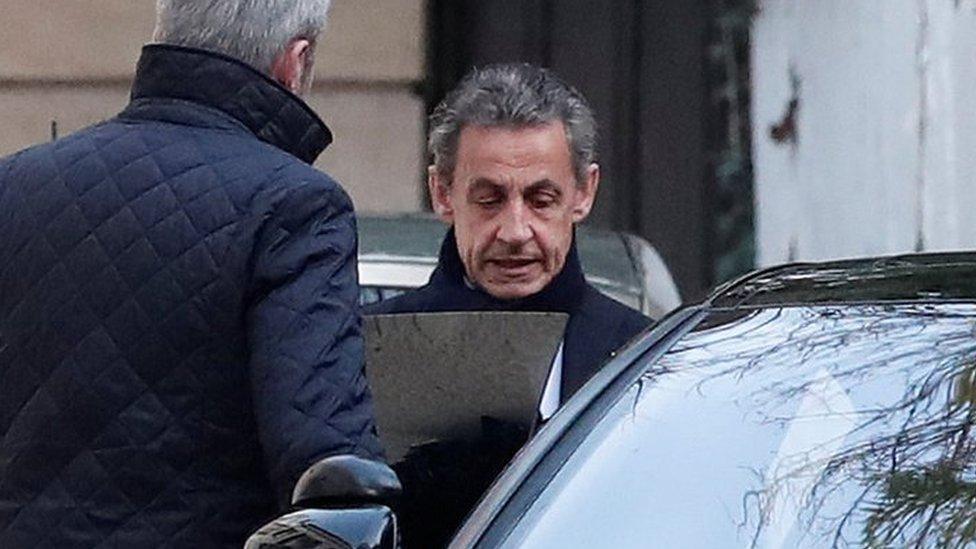Nicolas Sarkozy to wear tag after losing corruption appeal
- Published
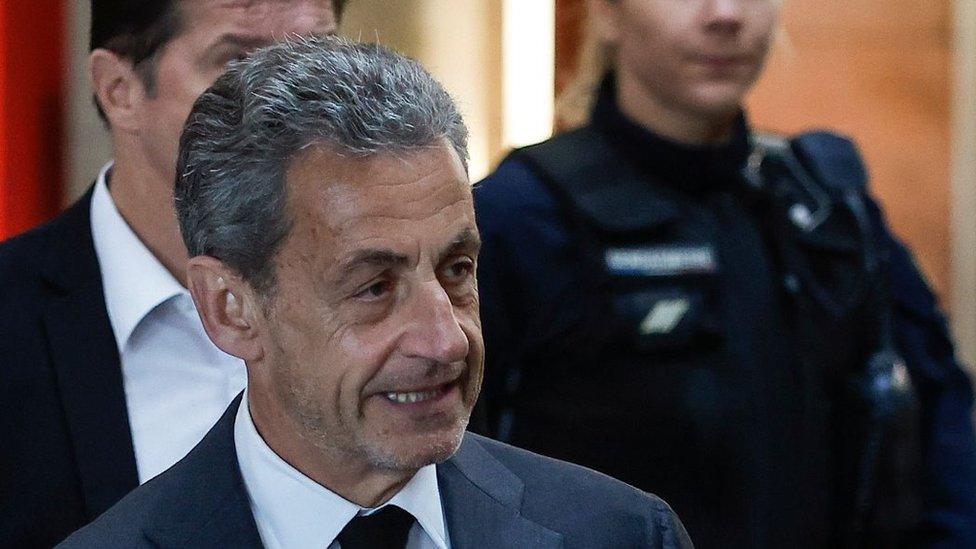
Nicolas Sarkozy attended the appeals hearing but declined to comment
Former French President Nicolas Sarkozy has lost his appeal against a prison sentence for corruption.
However, the Paris appeals court ruled that he could serve his time at home wearing a tag instead of going to jail.
In 2021 Sarkozy was sentenced to three years in prison - including two suspended - for trying to influence a judge in a separate case.
The 68-year-old was the first former French president to get a custodial sentence.
Following Wednesday's ruling, Sarkozy's lawyer said she would launch a new challenge with the Court of Cassation, one of France's highest authorities.
"Nicolas Sarkozy is innocent," lawyer Jacqueline Laffont said. "We will take this all the way."
The former president has been convicted of attempting to obtain information from a senior judge in 2014 - after he had left office.
The case centred on phone conversations between Sarkozy and his lawyer at the time that were taped by police. Prosecutors convinced the court that Sarkozy offered the judge a prestigious job in Monaco in return for information about investigations into his 2007 campaign.
The judge and lawyer in question were also sentenced to three years in jail, two of them suspended.
It is one of several corruption cases involving Sarkozy, who denies any wrongdoing.
Earlier this month, prosecutors requested that he should face trial over allegations that the Libyan government illegally contributed to his 2007 presidential bid. But in France, investigating magistrates have the last word over whether a case should go to trial.
Sarkozy's legal travails have put an end to his political career, but he retains lingering influence on the right.
His Republican party is in disarray and for many he remains a historic point of reference. Those who see him as the victim of a judicial establishment biased towards the left will stick by him regardless.
Nicolas Sarkozy served one five-year term as president, until 2012. He adopted tough anti-immigration policies and sought to reform France's economy during a presidency overshadowed by the global financial crisis.
Critics nicknamed him "bling-bling", seeing his leadership style as too brash, celebrity-driven and hyperactive for a role steeped in tradition and grandeur.
Related topics
- Published8 January
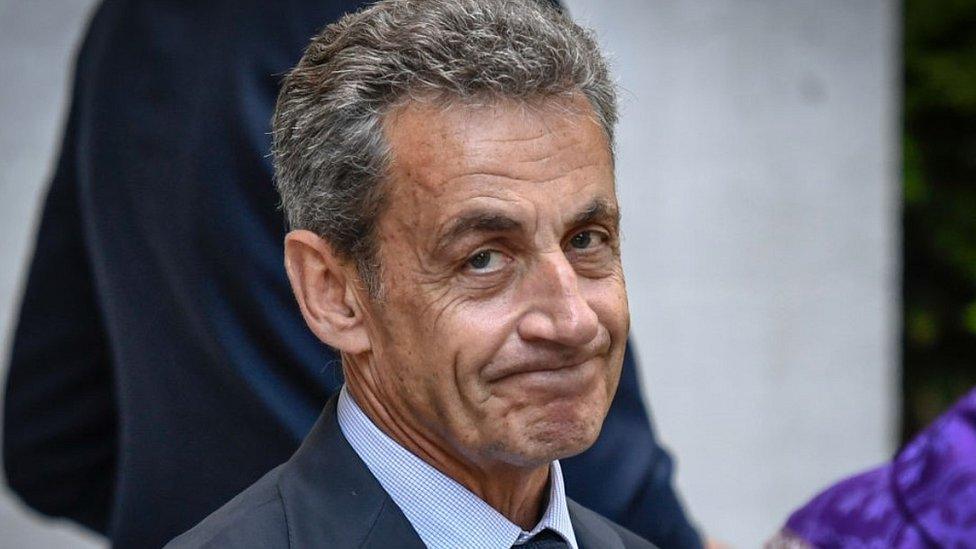
- Published16 October 2020
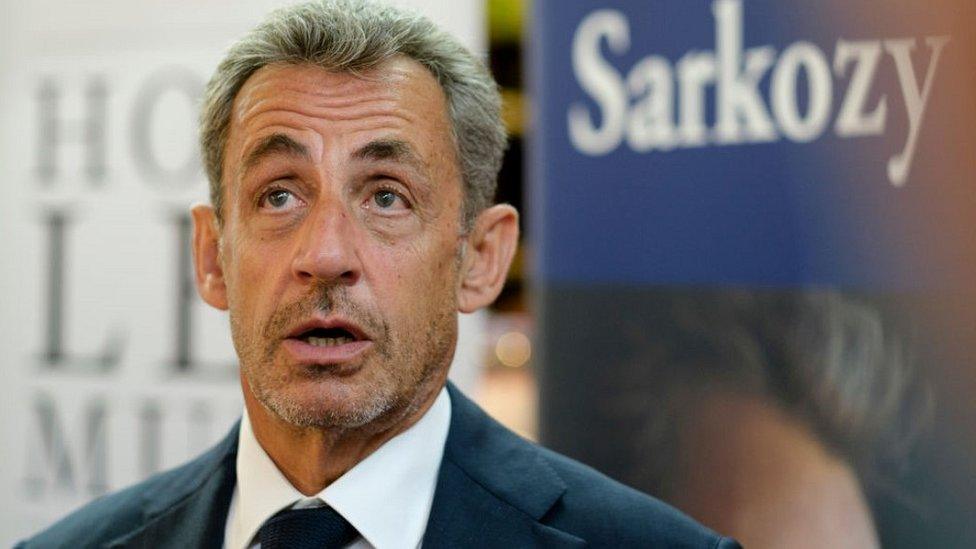
- Published19 June 2019
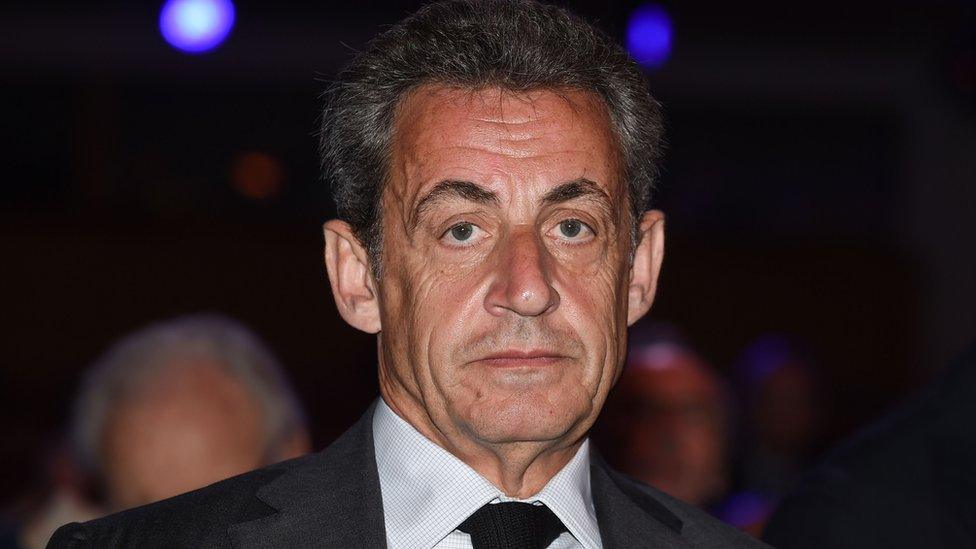
- Published22 March 2018
